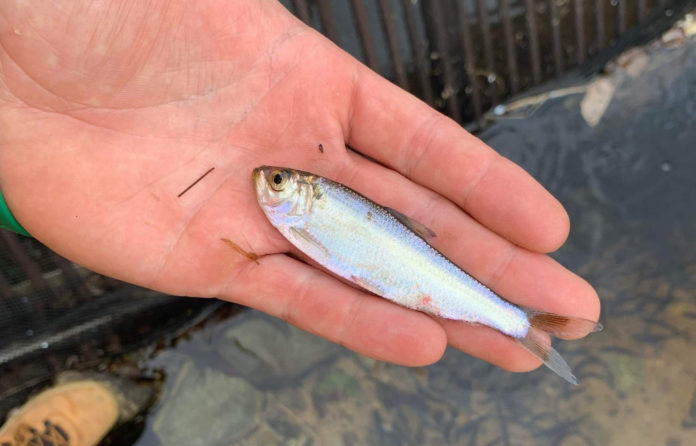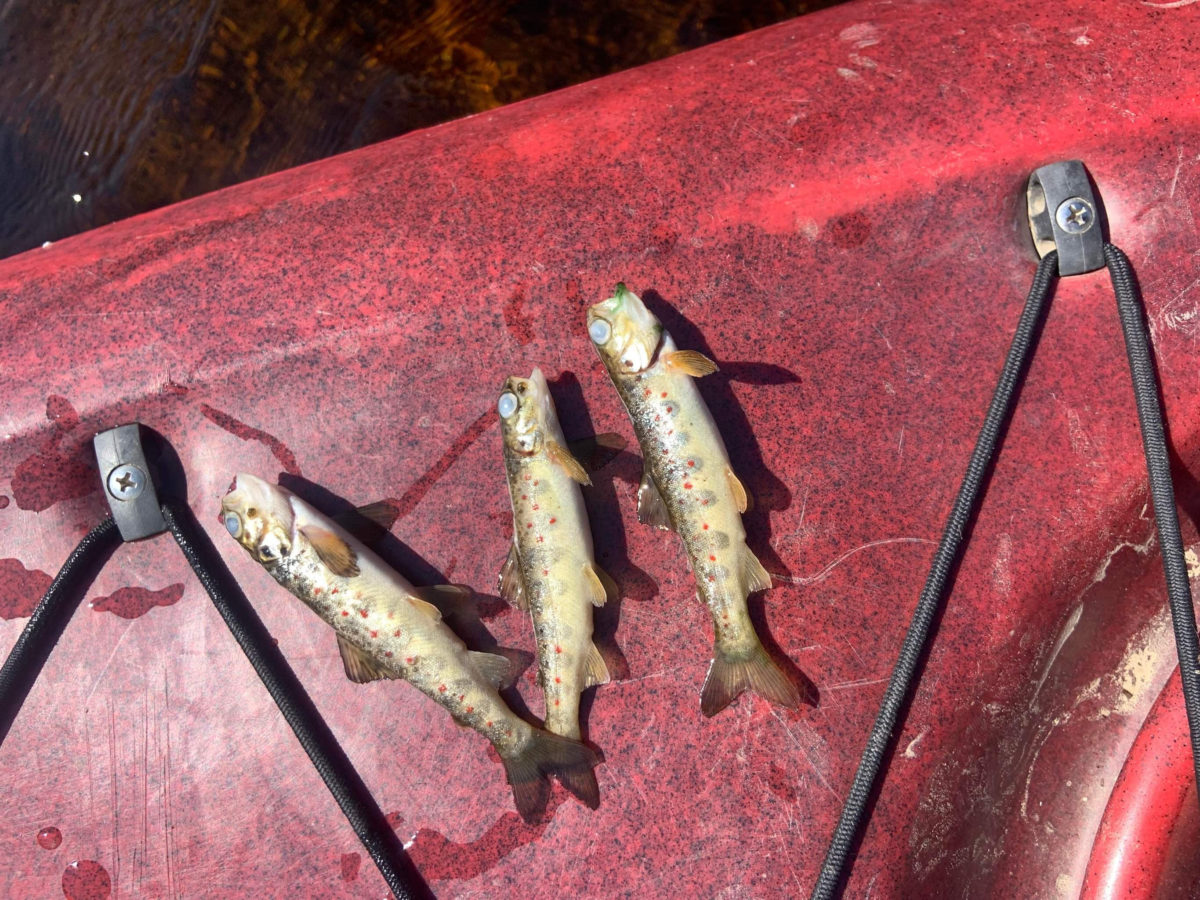
The Atlantic Salmon Federation (ASF) had plans to kill an invasive fish at Miramichi Lake after being accused of diminishing the native salmon population, but an agreement reached this week has stalled those plans for the rest of the year.
For 14 years, Miramichi Lake has struggled with smallmouth bass as an invasive species affecting the salmon population. The ASF poured rotenone, a widely-used chemical insecticide and piscicide.
However, the Wolastoqey Nation of New Brunswick questioned the solution, accusing the ASF of killing other species, including salmon fry and parr.
Andrea Polchies, a band counsellor with Woodstock First Nation, filed a preliminary motion, requesting the suspension of activities at Miramichi Lake, which was discussed and approved in a court case on Sept. 20.
“I’m happy that I get to come home and I stopped what they call phase two [of the plan to kill off the invasive species,]” she said. “But I’m very disappointed that I couldn’t stop what they did poison.”
Polchies said the ASF didn’t consult properly with Wolastoqey people. When she heard the ASF released the chemicals on the lake without consultation, she set up camp nearby to check on the waters 24/7.
With the court case, she hopes she doesn’t have to return to patrol the lake.
“I’m an old woman, man!” she said. “I’m just trying to do what we people should be doing and that’s protecting our land and our waters.”
Dennis Paul, the program coordinator at St. Mary’s Fisheries and part of the Wolastoqey Nation, said he went to the camps a few times to bring people food and water. During one of those trips, he used his kayak to go into the brook, where he saw dead fish.
“As soon as I started paddling into that brook, I see nothing but every other kind of species besides the smallmouth bass,” he said. “There was every kind of other species — from salmon parr to fall fish, the perch to the suckerfish — all dead.”

Paul posted pictures of what he saw on Facebook to inform people about what was going on at Miramichi Lake. He tried contacting the ASF, but he received no answer. He said as an Indigenous person who practices his treaty right to fish, these actions are “breaking any kind of bonds” between the Wolastoqey and some companies.
“I feel like they think they’re above the law and I don’t think it’s right at all and pretty much my whole community agrees,” said Paul.
Tracy Glynn, an environment and society professor at St. Thomas University, said a group of organizations — including the ASF — attempted to eradicate the fish before, but a court ruled against them, saying they didn’t consult Indigenous Peoples.
Glynn said from an environmental justice perspective, the group should listen to the perspectives of Indigenous Peoples who live on the land and fish at the lake.
“It all comes back to the fact that these proposals need to be deliberated in a public forum,” she said. “We, as a society, should be discussing when organizations use the courts to put down Indigenous grandmothers.”
Polchies wants the ASF to stop further attempts to continue with the plan and instead work and consult the local Indigenous community.
“Leave the fucking salmon alone,” she said.
The Aquinian contacted Neville Crabbe, director of communications at the Atlantic Salmon Federation, on multiple occasions for comment but did not provide an interview.
